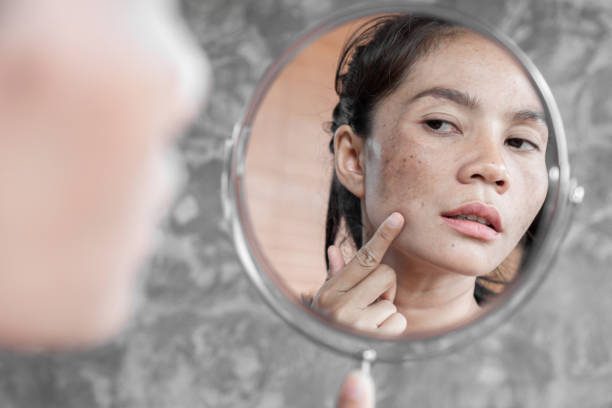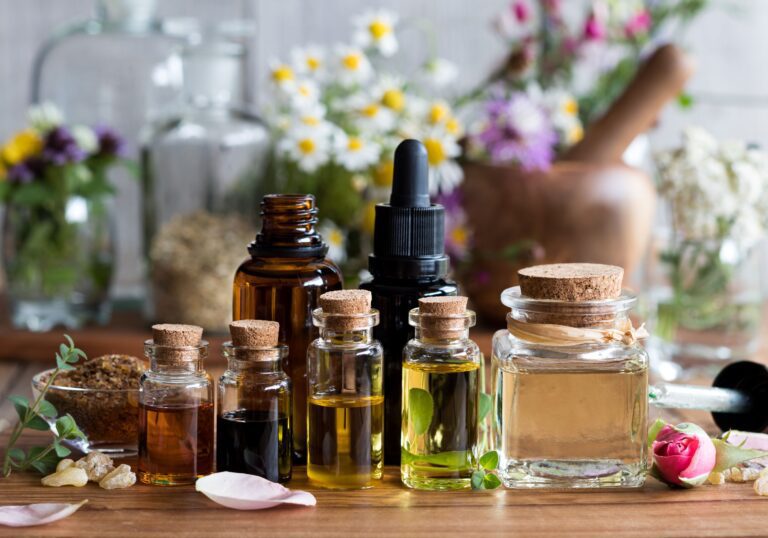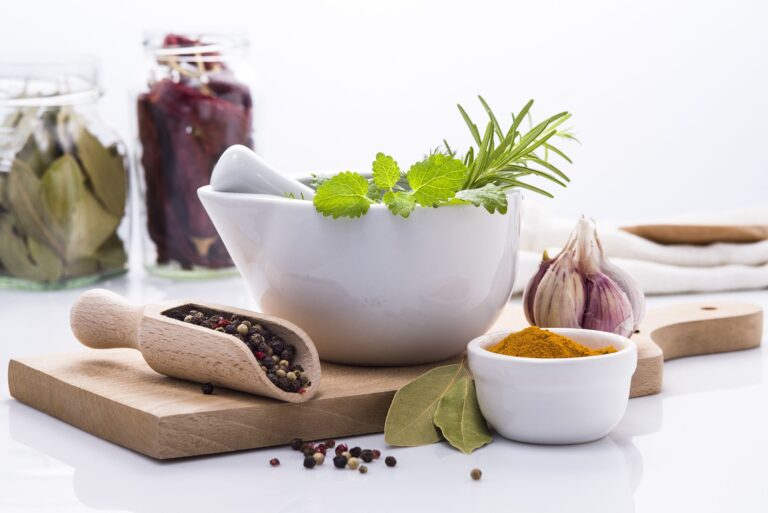Revitalizing Beauty:7 Remarkable DIY Home Remedies for Skin Dark Spots

Are you tired of dark spots on your skin? Whether it’s from sun exposure, aging, or other factors, dark spots can be frustrating to deal with. There are several natural home remedies that can help lighten and reduce the appearance of dark spots, using ingredients you may already have in your kitchen.
These spots can be caused by various factors, including sun exposure, hormonal changes, and aging. While many commercial products are available to treat dark spots, many people prefer to use home remedies for skin dark spots, to avoid the harsh chemicals in some skincare products. This article will explore some of the most effective home remedies for dark spots.
Before we delve into how to address dark spots and hyperpigmentation, it is important to examine and understand the underlying factors contributing to their occurrence, such as exposure to UV rays, hormonal changes, and inflammation.
Causes of Dark Spots
If you’re dealing with dark spots, it’s important to understand what’s causing them. This will help you pick the best remedy and solution for your cause. Here are some of the most common causes of dark spots on your skin:
a. Sun Exposure
One of the most common causes of dark spots is sun exposure. When you spend time in the sun without proper protection, it can lead to an increase in melanin production in your skin. This excess melanin can cause dark spots on your face, hands, and other areas of your body that are exposed to the sun.
To prevent sun damage and dark spots, it’s important to wear sunscreen with a high SPF and avoid spending too much time in direct sunlight. If you need to be outside, try to stay in the shade or wear protective clothing like hats and long sleeves.
b. Ageing
As you get older, your skin naturally becomes thinner and more fragile. This can make it more prone to damage and dark spots. Age spots, also known as liver spots, are a common type of dark spot that can occur as you age.
To prevent age spots, it’s important to take good care of your skin as you get older. This includes using a moisturizer regularly, avoiding harsh skincare products, and protecting your skin from the sun.
c. Hormonal Changes
Hormonal changes can also cause dark spots to form on your skin. This is especially common during pregnancy or menstruation when your body produces more hormones than usual. These hormonal changes can cause a condition known as melasma, which can lead to dark patches on your face.
To prevent hormonal dark spots, it’s important to take good care of your skin during pregnancy and when your hormones fluctuate. This includes using gentle skin care products, protecting your skin from the sun and eating foods that will help balance your hormones.
d. Inflammatory Skin Conditions
Inflammatory skin conditions like eczema and psoriasis can also cause dark spots to form on your skin. These conditions can lead to inflammation and damage that can cause your skin to produce excess melanin.
To prevent dark spots from inflammatory skin conditions, working with your dermatologist to manage your condition effectively is important. This may include using topical creams, taking oral medication, or making lifestyle changes to reduce inflammation.
e. Certain Medication
Certain medications can cause hyperpigmentation as a side effect. This can happen due to various mechanisms, such as directly affecting the melanin production in the skin, or by causing inflammation or damage to the skin cells that leads to excess melanin production. Additionally, some chemicals used in some medicines have significant impacts on melanin production.
Some medications that are known to cause hyperpigmentation include:
- Chemotherapy drugs: Some chemotherapy drugs, such as 5-fluorouracil and docetaxel, can cause dark spots on the skin as a side effect.
- Antimalarial drugs: Certain antimalarial drugs, such as chloroquine and hydroxychloroquine, can cause a bluish-grey pigmentation of the skin.
- Nonsteroidal anti-inflammatory drugs (NSAIDs): Some NSAIDs, such as ibuprofen and naproxen, have been reported to cause hyperpigmentation in some people.
- Antipsychotic drugs: Some antipsychotic drugs, such as chlorpromazine and thioridazine, can cause hyperpigmentation as a side effect.
- Hormonal medications: Hormonal medications, such as birth control pills and hormone replacement therapy (HRT), can cause hyperpigmentation in some people due to the hormonal changes they cause.
Drugs may cause dark spots in individuals of every race. In any case, it is more often and more observable in individuals with brown complexion. Fortunately, when the medication is stopped, the dull spots fade. Sometimes, the hyperpigmentation can take a while to go away.
Once you start using some medications and notice these dark spots, it is important to consult your medical practitioner for advice.
DIY Home remedies
There are many natural remedies that can help reduce the appearance of dark spots on the skin. These remedies are safe, effective, and affordable, making them a great choice for anyone who wants to improve the health and appearance of their skin without using harsh chemicals. While most listed remedies are anecdotal, some of their main ingredients have been medically proven to work effectively.
1. Lemon Juice and Honey
Lemon juice and honey are both natural ingredients that have skin-lightening properties. Lemon juice contains citric acid, which helps to exfoliate the skin and lighten dark spots, while honey has antibacterial properties that can help to prevent acne and other skin blemishes.
To use this remedy,
- Mix lemon juice and honey in equal portions and apply them to the affected area.
- Leave it on for 15-20 minutes before rinsing off with warm water.
- Repeat this treatment daily until you see any improvements in the appearance of your dark spots.
2. Aloe Vera Gel
Aloe Vera gel is another natural ingredient that can help to lighten dark spots on the skin. It contains the compound aloin that can inhibit melanin production, the pigment that gives skin its color.
To use this remedy,
- Apply a small amount of pure aloe Vera gel to the affected area before going to sleep.
- Rinse off the area with warm water the following morning.
- Repeat this treatment daily for best results.
You can also mix aloe Vera gel with lemon juice for an extra skin-lightening boost.
3. Apple Cider Vinegar
Apple cider vinegar is a popular home remedy for many health problems, including dark spots. It contains acetic acid, which can help to exfoliate the skin and lighten dark spots over time.
To use this remedy,
- Mix equal parts apple cider vinegar and water in a bowl.
- Apply it to the affected area with a cotton ball.
- Leave it on for about 5 minutes before rinsing off with warm water.
- Repeat this treatment once or twice a day for best results.
Note that apple cider vinegar can be harsh on the skin, so it’s important to dilute it before use and avoid using it on broken or sensitive skin.
4. Turmeric and Milk
Turmeric and milk is another popular home remedy for skin dark spots. Turmeric contains curcumin, which has anti-inflammatory and antioxidant properties that can help to reduce the appearance of dark spots. On the other hand, milk contains lactic acid, which is very effective in lightening skin discoloration.
To use this remedy,
- Mix a small amount of turmeric powder with enough milk to form a paste.
- Apply the paste to the affected area and leave it on for 15-20 minutes before rinsing off with warm water.
- Repeat this treatment once or twice a week for best results.
Turmeric can stain clothing and skin, so be careful when applying it.
5. Potato
Did you know that potato juice can help to reduce the appearance of skin dark spots? Potatoes contain an enzyme called catecholase, which has natural skin-lightening properties. Potatoes also contain vitamin C, a nutrient for healthy
To use this remedy,
- Grate a potato and rub the juice onto the affected area for a few minutes.
- Leave the juice on for 10-15 minutes before rinsing off with lukewarm water.
- Repeat this treatment daily until you see an improvement in the appearance of your dark spots.
- You can also mix potato juice with lemon juice to boost skin-lightening power.
6. Green Tea Extract
Green tea is a rich source of antioxidants that can help to reduce inflammation and improve the overall health of your skin. It also contains tannins, which can help lighten the skin’s dark spots. According to PubMed, tea extract may have depigmenting effects when applied to the skin.
To use green tea,
- Brew a cup of green tea and allow it to cool.
- Dip a cotton ball into the tea and apply it to the affected area.
- Alternatively, you can steep a green tea bag in a cup of boiled water for about 5 minutes.
- Remove the tea bag and let it cool.
- Gently rub the tea bag over your dark spots.
- Repeat either of the processes once or twice a day until you have the desired results.
7. Red Onions
Red onions contain antioxidants and compounds that can help reduce the appearance of dark spots on the skin. One of these compounds is quercetin, which has been shown to have anti-inflammatory and anti-cancer properties. According to research, red onion leaves are very effective in lightening the skin.
To use this remedy,
- Slice the onion and apply it directly to the skin.
- Leave it on for about 10 minutes before rinsing off with warm water.
- Repeat this process daily for a few weeks to see results.
- It’s important to note that red onions may cause skin irritation or allergic reactions in some people, so it’s best to do a patch test before applying it to the entire face.
Bottom Line
Many factors can bring about dark spots, so it is important to identify your leading cause before getting into a remedy. It is important to look at some side effects of your medications because they might be the key cause of your skin problems. However, despite natural remedies’ effectiveness, they may take several weeks or months to see significant improvements.
Protecting your skin from further damage by wearing sunscreen and avoiding excessive sun exposure is important. By incorporating these natural remedies into your skincare routine and taking steps to protect your skin, you can achieve a clearer, brighter complexion and feel confident in your skin.






